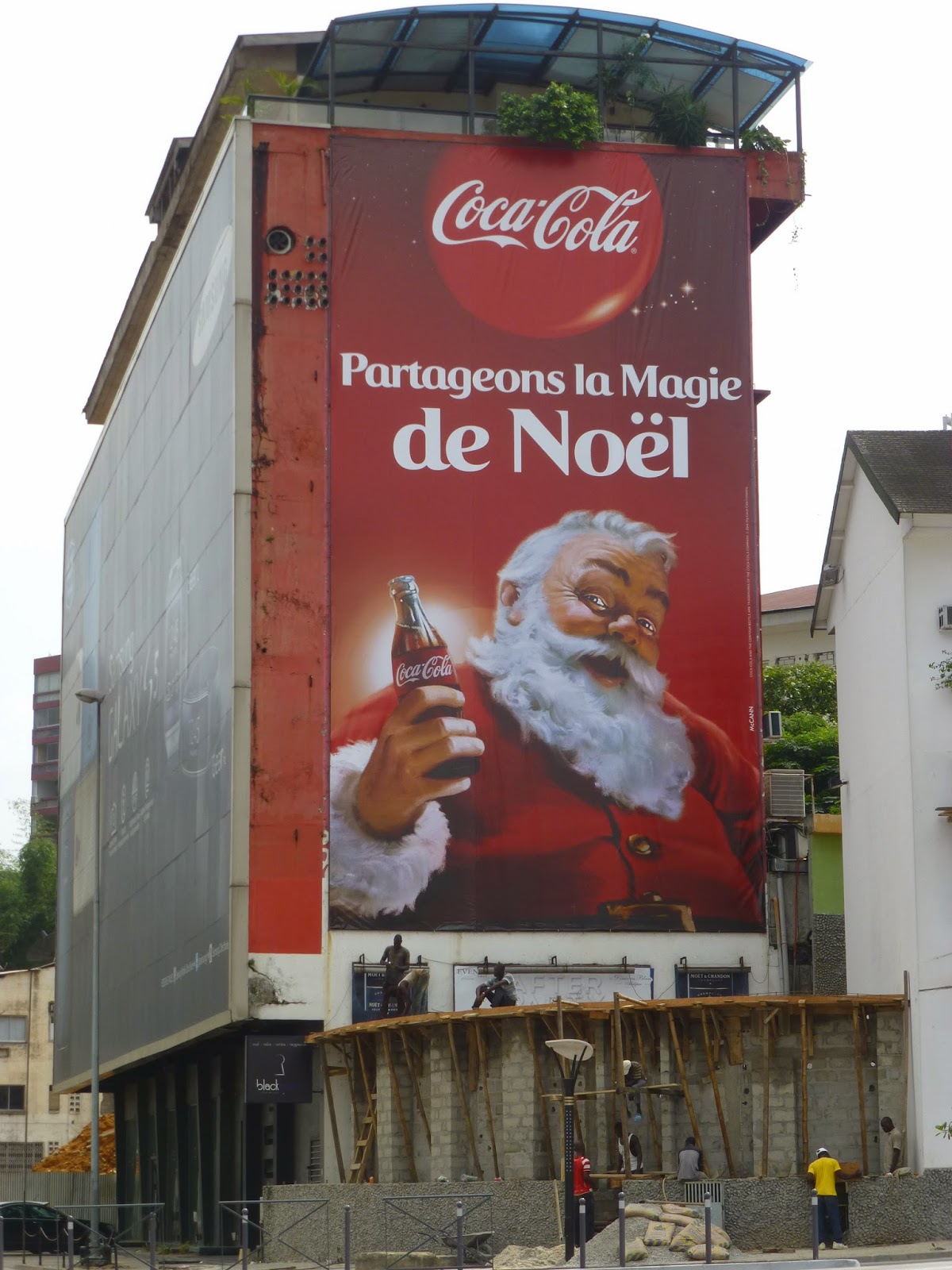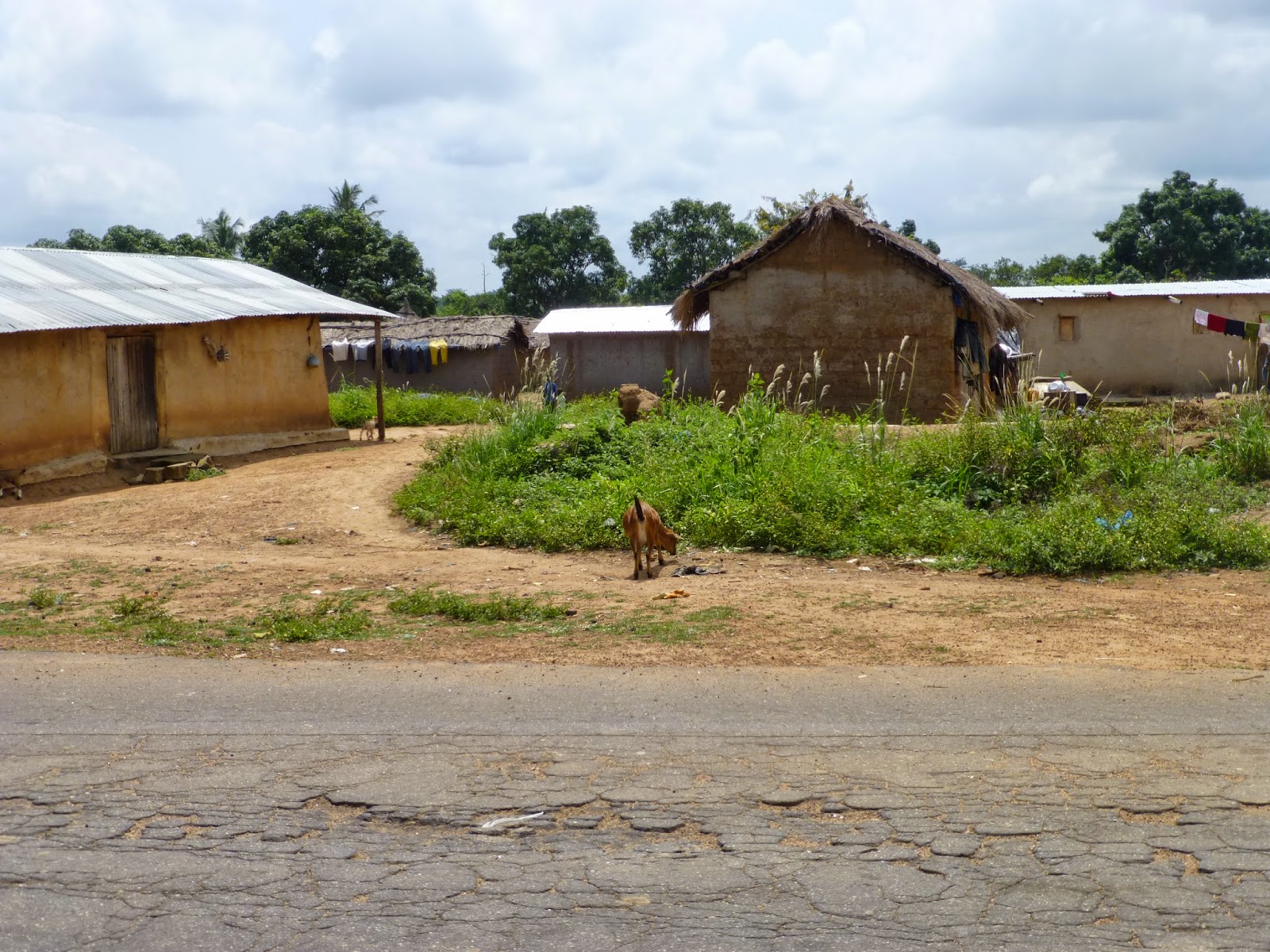 |
Cooped up: view from my back terrace
shortly after moving in. Still, beautiful sky! |
My good friend Christina asked recently about my feelings in this new world. When I read her comment my reflex was instant and absolute:
Feelings? I don't have feelings.
Call me Cleopatra, my standard reaction when my feelings aren't Happy is denial. It isn't very mature, but I've come to recognize it, and my reaction is now a reminder that the feelings are still there - as everyone around me is usually very aware - even though I hoped they would go away.
It's not that I think my other feelings are bad, but they're usually transient, and sometimes they feel counterproductive, and certainly disproportionate. I mean, my vital signs are all normal: clearly I'm fine. I want to accentuate the positive, as the old song goes (here sung by the
great Ella Fitz). I really don't want to be one of those people who complains all the time, and I know how easy it can be to slip into that. So how do I put my feelings into perspective, acknowledging them without exaggerating them? My current ant problem might be a good example.
It don't mind ants. In fact I don't mind most bugs, and the only ones I will kill on purpose (if I can) are mosquitoes and flies. I call that self-defense. Ants, I believe, are clever and hard-working and relatively egalitarian (the queen just reproduces, she doesn't tell the workers what to do). I know they have some gender issues - it isn't the perfect society - but as far as I'm concerned (as long as they're not actually on me, in which case they must die, as I have told them repeatedly) ants are cool. So I am flummoxed by their fascination with my electric kettle.
The kettle was the first appliance I bought after my fridge. Here the electric generation is 50% hydropower so I felt all sustainable, compared to the charcoal that most people use to cook. It opened up new food options: couscous and hot drinks and powdered soup (I have since added a gas burner, imagine the possibilities!). I was doing good and taking a new step toward food autonomy. I was in control of my destiny.
 |
Achievement unlocked: first real cooked meal in my house,
about a month ago. That's the kettle on the left. |
The tiny little ants who live here like the kettle too. I have no idea why. Even though it's not much fun to come in and find them in my cocoa powder (Ivoirian cacao, of course) or in my dirty dishes in the sink, it makes sense. I can work with that. They managed to break into some sealed cup-a-soup packets I had on a shelf, which is annoying but impressive. However, if I keep the dishes clean and seal my food properly or put it in the fridge, no problem.
So what's the deal with the kettle? There's no food in it, and so no conceivable attraction. I thought it was random at first, and that after they saw it boil they would stop coming. But no, they keep coming, not tons of them like to the cocoa and the soup, but often at least half a dozen, scurrying in and out of the electrical element (they're really very small) or sometimes clumped together floating on the surface of any water I might have left, clinging to one another like so many tiny shipwreck survivors. When I pour out the water and they hit solid ground they run for their lives. That is, as long as I notice them and clean them out before I turn the kettle on. Otherwise I get boiled ants.
Now this isn't a serious problem - it poses no significant threat to the ant population and it's actually pretty easy to manage. What's more, I know if I told any of my three security guards or maid (yes, I'm a volunteer and yet have 4 dedicated household staff), or if I talked to the plumbers in my team or the guys in the facilities management unit at work, any of them could hook me up with someone to pump my little house full of enough toxic chemicals to give the ants pause. But I don't particularly want pesticide in my electric kettle either. I just want to understand why. Not understanding, I feel isolated.
 |
Camp hospitality: the Moroccan contingent
served us tea and breakfast on a silver tray |
I feel this kind of isolation at work too, with the crushing bureaucracy that eventually I'm sure I'll get used to but so far still makes me crazy. Yesterday my colleague in the Water and Sanitation unit was at the office (many of us go in for an hour or two on the weekend, and I will probably go again later today). He is a lovely Sudanese man named Ali who has been here for five years and held the WatSan fort on his own for over a year before I arrived. He asked me what I thought of the mission so far. I found it hard to be positive, and I wouldn't want him to think that it's the people. Everyone has been very nice to me, and particularly in our unit I have really enjoyed working with the team, learning about the country and the history of the mission and their experiences here when things were really bad during
la crise. They're the ones who are teaching me to eat with my fingers, too. But the military/UN system is byzantine and really impersonal, and from where I stand these days, the most obvious effect of that is to undermine trust and teamwork within the mission. Trying to get anything done often seems about as effective as reasoning with the suicidal ants.
My feelings of isolation also seem to flag injustice up in high relief. It's the fundamental unfairness of life, and I am simultaneously a privileged international staff member, with pay and benefits far better than that of the local staff (who don't get security guards, by the way, not to mention R&R, first choice of the PPE, or evacuation if things get really bad) not to mention all locals not working for the UN, and at the same time a woman in a professional world designed and almost exclusively occupied by men (the admin assistant, Carole, and I are the two women in the sector's 40 engineering staff), who doubtless had the best intentions but clearly have no idea how non-men experience the world (I'm still working on the feminist toilet rant - that's for another time). The result is that I often seem to alternate between feelings of guilt and indignation/self-pity.
 |
Happy: pretty flowers and butterflies all over
(but the butterflies rarely sit still for the camera) |
In all honesty, my annoyances and frustrations are mostly not about Great Injustice. They are mostly about things as insignificant (to non-ants) as boiled ants. In fact their one redeeming feature is that they do sometimes make me think about more profound problems, so I really shouldn't ignore them or edit them out of my story here. Then when I'm feeling a bit more mellow and in control maybe I can learn how to improve them. It's a lot easier to see things like that in a new place. Even though I have felt crabby a lot of the time recently, I'm genuinely grateful to be here.
I know with time I won't be as annoyed by the little things, and I won't notice the big things as much either. Either fishing the boiled carcasses of ants out of my tea will have become habit (maybe, like in the old joke about Peace Corps volunteers, I will even reach the point where I eat them for the extra protein) or I will have caved to the pressure to nuke my house. I will eventually know who to ask for the key to the ladies room at every camp where we work, and to ask for it before everyone leaves if we're working late on sewage treatment plant maintenance (foreshadowing: the source of the feminist toilet rant material). Right now I'm in classic culture shock, with the accompanying annoyance, isolation, and judgmental nit-pickiness (there's a good description of it on
Sheffield University's study abroad webpage, if you're interested). It's very common, and almost all of you have probably felt it too, even if only when changing jobs or something like that. Eventually, the culture shock will pass, and I'll feel less isolated, and less annoyed. It's typical.
Nothing annoys me more than being typical. I guess I'll just have to learn to live with that.

















































